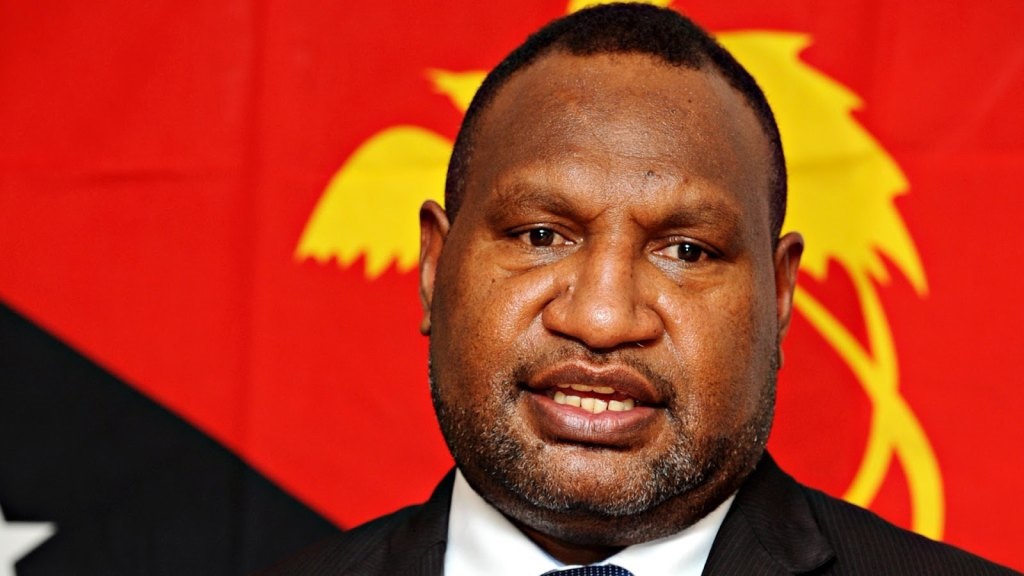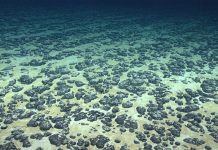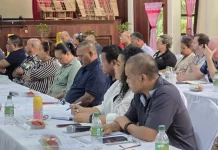The Controller of the National Pandemic Response David Manning has clarified that Papua New Guinea Prime Minister James Marape was cleared to return to work since Wednesday, 16 February.
He said Marape was cleared after he completed 14-day isolation and seven days of being asymptomatic.
“After the review of the PM’s result in conjunction with the national clinical and isolation guideline, the PM (prime minister) was cleared officially to return to official duties,” Manning said.
He urged people, including the media not to mislead the public on the Marape’s COVID-19 status.
Manning said the National Control Centre medical team, led by the Deputy Controller Dr Daoni Esorom ensured that the Marape’s situation was handled professionally and was cleared to return to work in accordance with the clinical and isolation guidelines.
He was responding to clarify media reports concerning the situation with the Prime Minister since he went into isolation after returning from China.
Meanwhile, clinical trials and discussions are currently underway for COVID-19 medication before it is introduced in the country.
According to Deputy Controller of the National Pandemic Response Dr Daoni Esorom: “We will be bringing in the treatment medication soon as we have processes to follow to get these medicines into the country.
“There are some clinical trials going on with the doctors on trailing some medicines that are being approved by the Health Department.”
According to reports on the positivity rate by province, it indicated that the positivity rate is very high in Western Province with 27, the Eastern Highlands with 34 as this indicates there is community transmission where people are getting infected but are not going for test.
“If provinces do more testing, we will pick up a lot of cases.
“In terms of the vaccination summary, currently 406,063 doses have been administered,” Dr Esorom said.
“We started off very well last year but the number of doses given daily has slowed.
“When we have a low vaccination rate and not enough testing with people not adhering to the COVID-19 protocols, sick people and the elderly are vulnerable to the virus.”
He said so far, Papua New Guinea has experienced four different COVID-19 surges.
From February to May in 2021 the first, second and third surge began from September to November exclusively driven by the Delta variant and now into the fourth surge.
He said the differences between the two surges in 2020 and 2021 were driven by the original COVID-19 virus, the third surge in 2021 from September to November was driven by the Delta variant and then the fourth surge driven by the Omicron.
SOURCE: The National/PACNEWS













